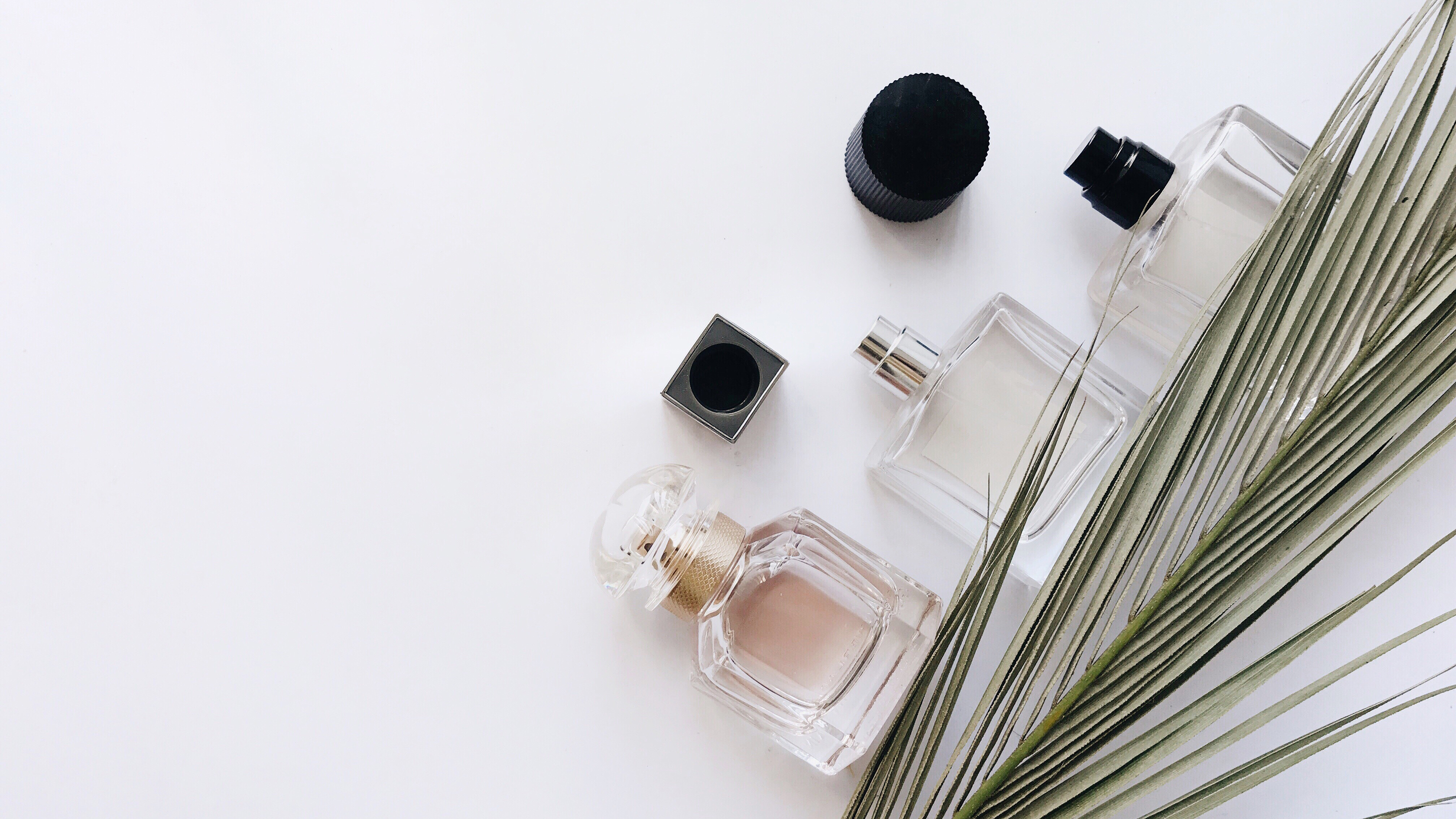
Finding a good fragrance that really suits you, your style and personality is no mean feat. It can take a good few hours of sniffing perfume test strips in fragrance stores before you find a scent you really love. Even then, you won’t know until it’s settled on your skin if it’s truly the right one.
One way of making this perfume finding exercise easier is understanding what a fragrance is made up of, the different layers involved and how they complement one another, for example, knowing what the top, heart and base notes are, how they work and why they’re important.
And so, we speak to the Fragrance Shop's Senior Brand Manager, Hollie Race, and founders of virtual perfumery FIOLE, Samuel Gearing and Josh Carter, to get the lowdown on perfume notes - all to help you choose the right fragrance.
Once you've finished reading this guide and you need more help choosing the right fragrance for you, check out T3's guide to the best perfumes for women and the best men's fragrances.
But first, let’s clear up the difference between all the different terms we hear to describe a perfume or fragrance.
The difference between cologne, perfume, eau du toilette and aftershave
Let’s start with the term “cologne”. This is generally used as more of an umbrella word for masculine scents in the US, but when used within “eau de cologne” actually refers to a light concentration of perfume oils, usually at 2-4%. This means it’s likely cut with more alcohol and so doesn’t last as long, making it less ideal for all-day wear.
Eau de toilet differs in that while it is still a diluted scent when compared to pure perfume, it does generally contain more concentrated oils, usually at 5-15%. The amount of concentrated oil affects the length of time the aroma lasts, lasting up to eight hours in pure perfume. A less concentrated eau de toilette will last about two hours.
Sign up to the T3 newsletter for smarter living straight to your inbox
Get all the latest news, reviews, deals and buying guides on gorgeous tech, home and active products from the T3 experts
According to Gearing and Carter, modern gents looking for something that other people will notice and that lasts are best off buying ‘Eau de parfum’.
“This is a perfect middle ground which will last a good amount of time but will have great projection,” the pair says.
And aftershave? Well, this is traditionally a fragrance that focuses on soothing the skin after shaving, boasting a nice smell as more of a bonus feature. Still, many men in the UK still use the term “aftershave” to refer to all fragrances in the same way that men in the US use the word “cologne”.

What are perfume notes?
Simply put, ‘notes’ are the ingredients used in the fragrance. However, fragrances are made up of different notes and by understanding your fragrance notes, you’ll be able to find the perfect fragrance every time.
"Fragrance notes are essentially the different scent layers that make up the final fragrance. These scents are split into three distinct elements: top notes, heart notes and base notes,” explains Race.
This composition is referred to as ‘notes’ because, when used in a scent, they are more than just components.
“Every note has a different character and can be used for a multitude of reasons - to take on a leading role in the scent, to increase its lasting quality or to create effects and add nuance, for example,” add Gearing and Carter.
Still having trouble understanding how exactly perfume notes work? Ruth and Nic Mastenbroek, Master Perfumer and Perfumer from Ruth Mastenbroek Perfumer London say it’s easier to depict perfume notes as a triangle.
“The top notes are the tip of the iceberg, and what you will smell when first spritzing the perfume, while the heart notes are at the core of the pyramid; they provide a lot of the character of the fragrance and often encompass some floral and herbal ingredients,” the pair explain.
“The base notes then provide the supporting structure at the bottom of the pyramid; the ingredients that will last for the longest time. It’s easy to be won over by the first spritz when you smell the top notes, but the magic lies in waiting around for the middle and base notes as this is the lasting impression that will linger.”
Let’s delve deeper into what each note represents and why they are important.
Top notes
The top notes of a fragrance are sometimes known as opening notes or head notes because they are the fragrance notes recognised on immediate application.
“Top notes are the lightest of all the notes. As a result of their lightness, top notes are also the first to fade – but that doesn’t disregard their importance,” explains Race.
“Top notes also represent the first impression. They may not be the longest-lasting element of a fragrance but they’re the first thing you’ll smell when trying a new fragrance.”
Typical top notes include citrus elements (bergamot, lemon, orange zest), light fruits (anise, berries, grapefruit) and fresh herbs (basil, sage, lavender).
Heart notes
Heart notes- also known as middle notes - lie at the heart of the fragrance. This scent layer is the foundation of any fragrance and is known to make up approximately 40-80% of the final fragrance.
“The heart notes start to make an appearance just before the top notes fade away and will strongly influence the base notes to come,” explains Race. “The heart of a fragrance should be pleasant and well-rounded.”
For this reason, scents such as cinnamon, rose, ylang-ylang, lemongrass and neroli are all common and recognisable heart notes.
Base notes
Finally, we have base notes. These notes will start to shine through once the top notes have completely evaporated. Alone, base notes make up 10-25% of the final fragrance. However, the base notes also blend with the heart notes to deepen the complexity of the fragrance.
“Where the top notes make the initial impression, the base notes are associated with the dry-down period of the fragrance and so base notes will create the final, lasting impression,” Race says.
“Base notes are often rich and smooth, as well as being the longest-lasting of the three notes.”
Common base notes include cedarwood, sandalwood, vanilla, patchouli and musk.
Now, if you need more help choosing the right fragrance for you, check out T3's guide to the best perfumes for women and the best men's fragrances.
Lee Bell is a freelance journalist & copywriter specialising in technology, health, grooming and how the latest innovations are shaking up the lifestyle space. From national newspapers to specialist-interest magazines and digital titles, Lee has written for some of the world’s most respected publications during his 11 years as a journalist.
-
 Garmin’s on a mission to update your wrist into oblivion as 100+ tweaks land on Fenix and Enduro watches
Garmin’s on a mission to update your wrist into oblivion as 100+ tweaks land on Fenix and Enduro watchesThe latest beta update looks comprehensive
By Matt Kollat Published
-
 5 reasons you should be excited about the brand new Samsung Bespoke AI Jet Ultra
5 reasons you should be excited about the brand new Samsung Bespoke AI Jet UltraNot sure if it’s obvious... but I can't wait to try it
By Lizzie Wilmot Published
